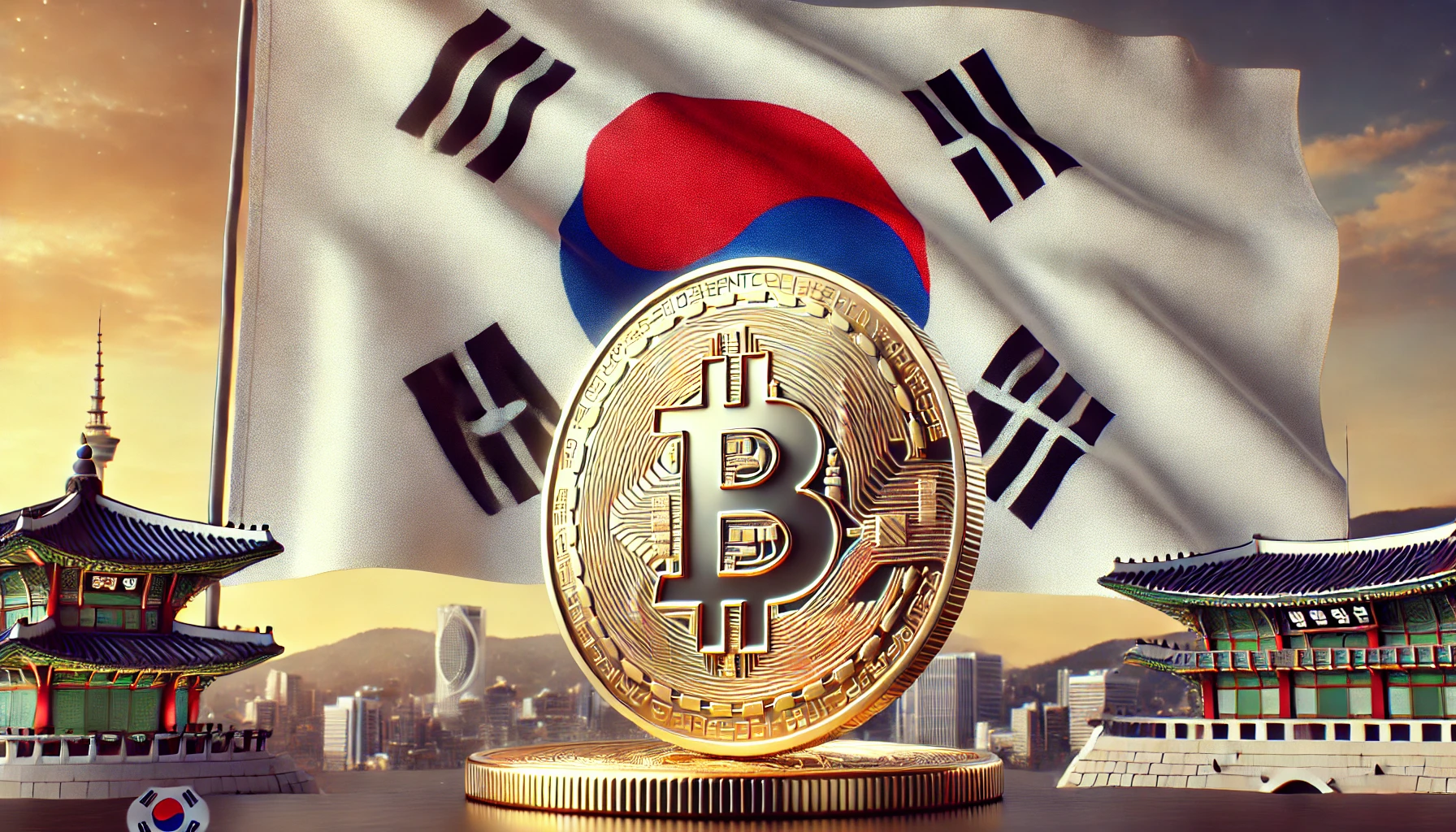
South Korean President Yoon Suk Yeol declared emergency martial law on December 3, 2024, in response to political tensions, leading to significant market corrections of over 30% in cryptocurrency trading pairs on local exchanges.
Key Points
- The declaration of martial law may impose restrictions on financial transactions, affecting liquidity and increasing volatility in cryptocurrency markets.
- The move is part of a broader response to ongoing political deadlock and accusations against the opposition party of obstructing governance.
- The cryptocurrency market has experienced significant drops, indicating investor panic and a flight to liquidity amid fears of impending restrictions.
South Korea’s Martial Law Declaration
On December 3, 2024, South Korean President Yoon Suk Yeol announced a declaration of emergency martial law, citing threats posed by “anti-state elements” and alleged complicity with North Korean forces from the opposition party. This move emerged during a tumultuous political climate, where legislative gridlock had persisted over critical issues, particularly the budget for the upcoming year. The president’s televised address emphasized the need to restore order and protect the nation from destabilizing forces.
The martial law declaration enables the military and government to impose strict control measures, including restrictions on public gatherings and financial activities. These measures may have far-reaching implications for the South Korean economy, particularly the cryptocurrency markets, which have already shown signs of distress in light of this political upheaval.
Immediate Effects on Cryptocurrency Markets
As of 15:17 CET on December 3, 2024, reports on social media platform X indicated that the Upbit exchange, a major cryptocurrency trading platform in South Korea, was experiencing downtime. This was attributed to heightened trading volume and potential access delays for users attempting to trade on the platform. As the announcement of martial law reverberated through financial circles, trading pairs in cryptocurrencies against the Korean won (KRW) experienced drastic declines.
Specifically, Bitcoin’s trading value plummeted to approximately 93,690 KRW, marking a +30% drop within minutes. This substantial decrease is indicative of panic among investors who may be rushing to liquidate their positions in anticipation of further restrictions or increased government oversight. The flight to liquidity during such tumultuous times reflects a broader trend where individuals seek to secure their assets in a climate of uncertainty.
Political and Economic Implications of Martial Law
The declaration of martial law entails a significant increase in governmental oversight and control over various sectors of society, including financial markets. Under these circumstances, restrictions on financial transactions are likely, which could hinder the ability of investors to freely exchange cryptocurrencies. This aligns with historical precedents where martial law has led to heightened scrutiny and regulation of financial activities.
Critics of the government’s approach argue that such measures may exacerbate existing tensions and lead to greater market volatility. The opposition party has labeled the president’s assertions as politically motivated, arguing that the move serves to distract from other pressing issues, such as governance and transparency. The ongoing disputes over the budget bill have compounded these tensions, highlighting a political landscape fraught with division and instability.
Market Dynamics and Investor Sentiment
The cryptocurrency market, often seen as a barometer of broader economic sentiment, has reacted sharply to the news of martial law. Investor behavior typically shifts in response to perceived risks, with some viewing cryptocurrencies as a potential safe haven, while others are deterred by the volatility and uncertainties associated with governmental controls.
The heightened scrutiny of financial transactions may lead to operational challenges for cryptocurrency exchanges, including increased compliance requirements or possible shutdowns. This environment could stifle trading volumes, compounding fears of a liquidity crunch as market participants reevaluate their positions in light of potential restrictions.
Long-term Outlook Amid Political Tensions
The declaration of martial law not only impacts current trading activities but may also shape the long-term trajectory of cryptocurrency adoption in South Korea. Prolonged uncertainty could deter new investment and adoption rates, as market participants navigate a complex regulatory landscape. As of the latest developments, it remains critical for investors to stay informed through official updates and reputable financial news sources to understand the evolving situation.
The legal and operational implications of martial law extend beyond immediate market reactions, potentially leading to shifts in public sentiment regarding cryptocurrencies as a legitimate financial instrument. Investors, both local and foreign, are likely to reassess their strategies in response to the increased political risk and government intervention in financial markets.
Overall, the intersection of martial law and cryptocurrency trading in South Korea highlights a pivotal moment for the industry, underscoring the interplay between political dynamics and financial markets. As the situation develops, careful monitoring of regulatory changes and market conditions will be essential for stakeholders navigating this volatile environment.
Disclaimer: All information provided on this website is for informational purposes only and should not be construed as financial or investment advice. We do not guarantee the accuracy, completeness, or timeliness of the information, and we are not responsible for any financial decisions you may make based on this information. Cryptocurrencies are highly volatile assets, and any investment in them carries a high level of risk.
More Like This

Ark Invest Sells $3.9 Million In Coinbase Shares

HBAR May Get ETF Approval Before Solana or XRP Does
*AI technology may have been used to develop this story and publish it as quickly as possible.

